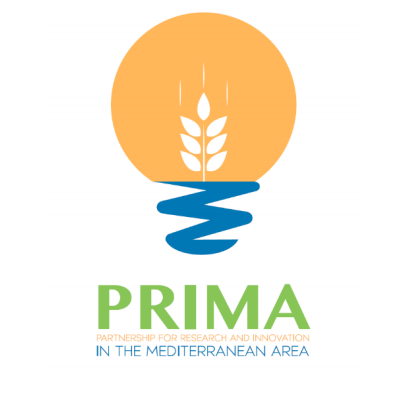
PRIMA Section 1 Farming Systems RIA 2020
Deadline: Sep 22, 2020
CALL EXPIRED
CALL EXPIRED
Fisheries and Food
Agriculture
Agrifood
Aquaculture
Food Safety
Young Farmers
Social Farming
Water Resource Management
Call: Section 1 – Farming Systems 2020
Topic 1.2.1-2020 Genetic conservation and animal feeds
Sub-topic A) Conservation and valorization of local Animal Genetic Resources (RIA)
The proposals submitted to this call, should address only the sub topic A (sub topic B is described in a separate document)
Challenge
The Mediterranean’s population will reach 560 million people in 2030; the demand for meat as animal products is set to climb steeply as the population increases. It is urgently needed to transform the livestock production systems into more sustainable ones respecting the environment and meeting the expectations of consumers and citizens, while providing a fair income and good working conditions to producers.
With increasing demands for animal products by an ever-growing Mediterranean population and changing societal needs, animal breeding needs to evolve to incorporate genomic information in order to speed up response and increase productivity and quality in a context of climate change. Deeper investigation on the local breeds through genetic analyses and conservation programmes to valorize them are needed, making livestock production systems more resilient.
At the same time, sustainable livestock production in the Mediterranean is affected by the decrease of availability and quality of plant forage causing import of high prices feedstuffs such as cereals, which are the base of most of the concentrates. The lack of local alternative feeds combined with the rearing of non-adapted breeds and/or the inadequate management of herds can have a strong negative impact on soil while threatening the competitiveness and the sustainability of the livestock systems, especially in the South and East of the Mediterranean Area.
Scope
Knowledge of animal genetic resources for food and agriculture is fundamental to the sustainable use, development and conservation of these resources.
Proposals shall consider mapping, genetic characterization and monitoring of local breeds[1], well adapted to the Mediterranean environment, tolerant to heat stress and diseases resistant.
Proposals shall decipher the links between epigenetic, genomic and the phenotypic adaptive traits to increase the reliability of genomic breeding with the goal of increasing their resilience under a climate change context. In doing so, proposals shall take advantage of existing databases, past EC projects outputs, and existing national breeding programs to avoid duplications. Proposals should also characterize and valorize the final products of local breeds promoting the use of these breeds which can generate high quality products for the consumers (meat, milk….) and with high added value for the farmers (labels, genetic certification, new products…). Networks or platforms shall be established around the Mediterranean basin for genetic conservation and the promotion of adapted breeds bringing economic benefits to the farmers through capacity building and dissemination of good practices. Decision-making tools for the end users are encouraged, to select the most appropriate breeds according to the specificities of the production environment (agro-pastoralism, extensive or intensive production systems, mix crop livestock systems, …).
Proposals under the concept of the multi-actor approach[2], ensuring that all the stakeholders, from farmers to consumers and regulators, will contribute to the building of sustainable livestock production systems to further add value to EU Mediterranean foods of animal origin.
[1] Only local Mediterranean breeds shall be considered.
[2]The multi-actor approach aims to make innovation more demand-driven, and therefore should ensure genuine and sufficient involvement of various actors (end-users such as farmers/farmers’ groups, advisors, businesses, etc.) all along the project: from the participation in the planning of work and experiments, to implementation, the dissemination of results and a possible demonstration phase.
Expected impact
The project results are expected to contribute to:
- Better knowledge of epigenetic and genetic processes leading to the adaptation of breeds to the changing Mediterranean environmental conditions
- Ensure the genetic conservation of local best adapted breeds and valorise them
- Propose to the farmers new options of breeds adapted to the local conditions (matching genetic and epigenetic with environment)
- Increase small farmers’ incomes via the rearing of local breeds and the sale of products (raw or transformed) with high added value
KEY PERFORMANCE INDICATORS
● Number of innovations in farming systems developed enabling sustainable and efficient agriculture
and food systems
● SDG#2- Indicator 2.5.1: Number of plant and animal genetic resources for food and agriculture
secured in either medium or long-term conservation facilities
● SDG#2- Indicator 2.5.2 Proportion of local breeds classified as being at risk, not-at-risk or at
unknown level of risk of extinction
Public link: Only for registered users
 PRIMA
PRIMA
Please Log In to See This Section